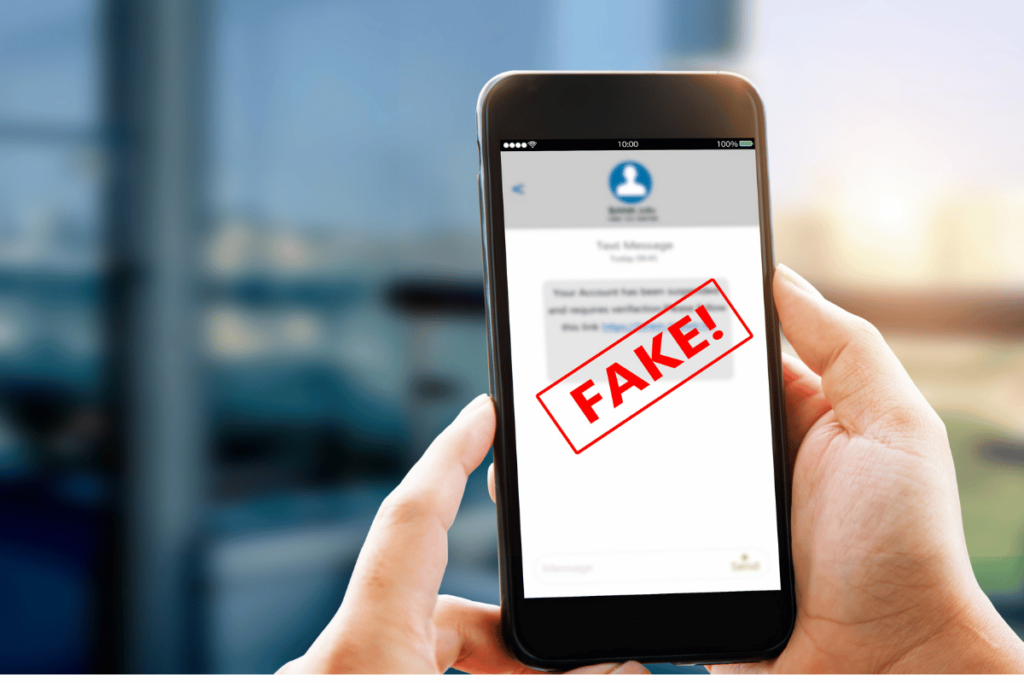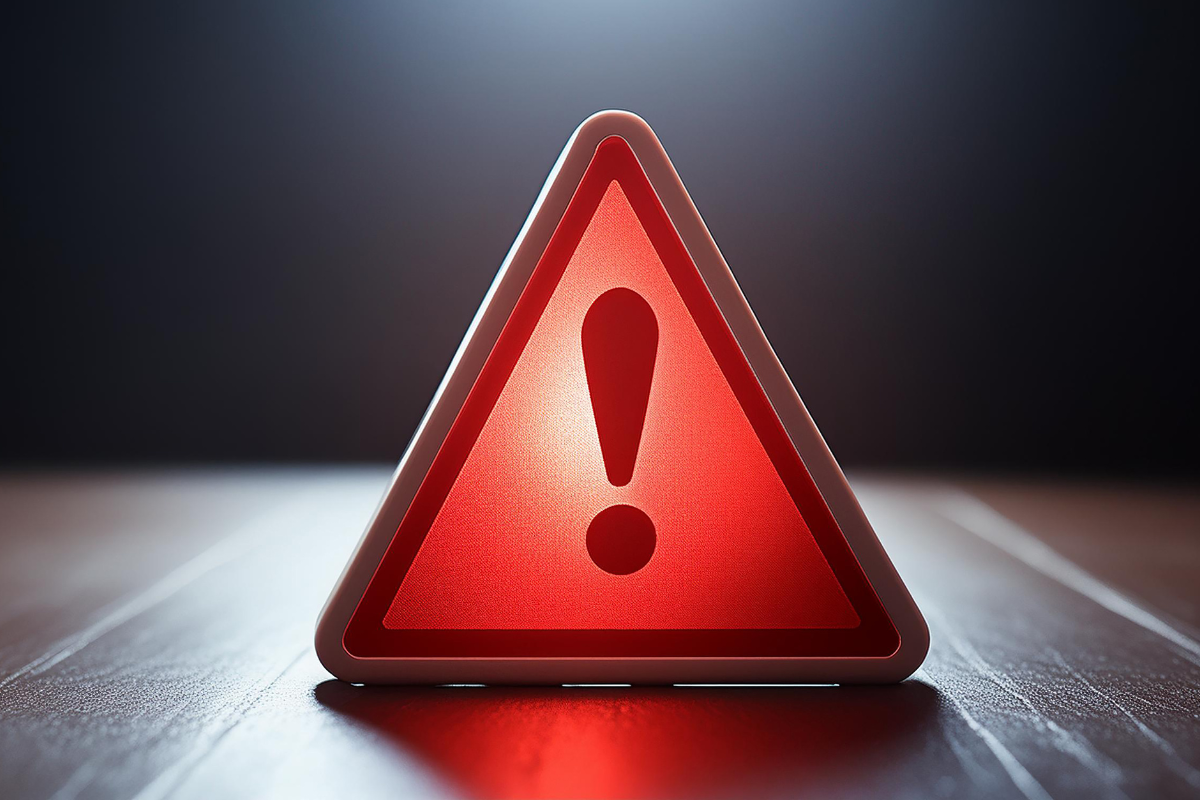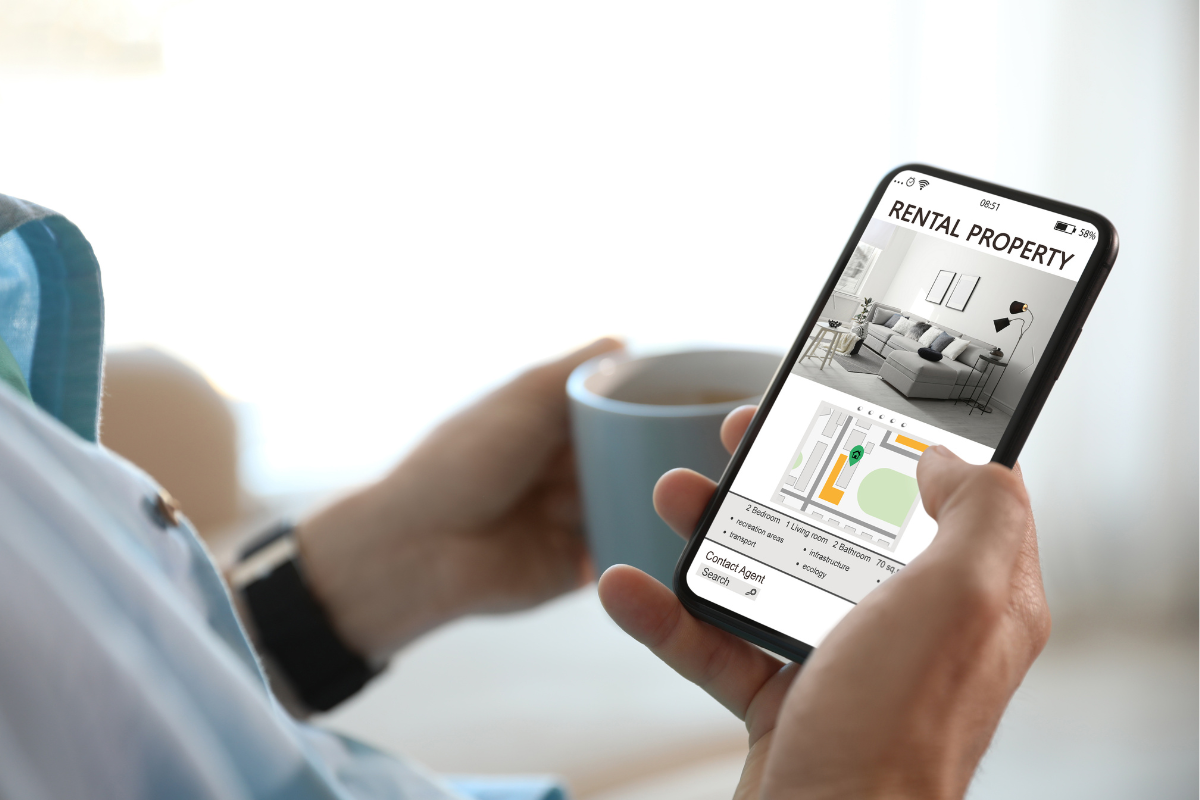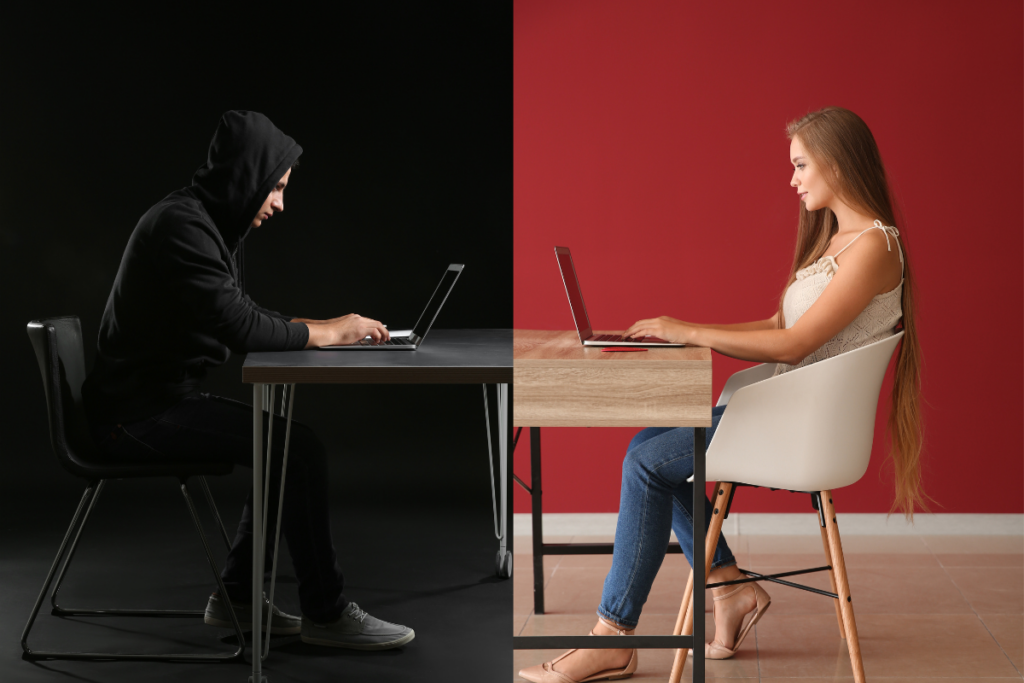Ireland’s rental market has become a hotspot for scams, especially as housing demand continues to rise. Renters are often targeted with false promises of properties that don’t exist or are owned by someone else.
At SecureProp, our primary purpose is to protect renters from these risks. We’ve compiled this guide using insights from real-life rental scams, lessons learned from cases across Ireland, and guidance from reputable sources such as An Garda Síochána, Threshold.ie (a housing advice and advocacy organisation), and local universities. These real-world scenarios have shaped our strategies to help renters avoid becoming victims.
We don’t just offer advice; we provide practical, third-party verification services designed to confirm the legitimacy of landlords or letting agents. For €29.99, our risk assessments can flag potential scams, and we also offer landlord identity checks for €19.99 and rent escrow accounts to further protect you. If you’re unsure about a landlord or agent, contact us today at info@secureprop.com.

Why Verifying a Landlord or Letting Agent is Crucial
Focus on the landlord – not the property
Our top tip for preventing rental scams is for renters to focus on the landlord or agent rather than solely on the property. While most properties used in scams are real, the person offering them is often not who they claim to be. This makes it critical for renters to verify the landlord or agent before moving forward.
Our recommendations below will help you better assess whether a landlord or agent is legitimate or fake. We suggest reading through the guidance, and if you’re still unsure or want to take added precautions, feel free to get in touch with us at info@secureprop.com.
How to Verify a Private Landlord in Ireland
Private landlords require closer attention
Private landlords are typically individuals who own one or a small number of properties and rent them out independently, without the involvement of a letting agent or property management company. They may rent out a full property or even a room in their home. These landlords usually don’t let properties as a full-time business, which means they often have a limited online presence, making them harder to verify compared to professional landlords or agents.
However, with the following careful checks, you can still confirm their legitimacy and protect yourself from potential scams:
1. Verify the Landlord’s Identity
Most rental scams involve a fake or impersonated landlord. SecureProp’s landlord identity verification service for €19.99 can quickly confirm whether the landlord is who they claim to be. This process is simple – we handle the verification and notify you once it’s completed.

2. Check the Register
Private landlords in Ireland who rent out properties are required to register with the Residential Tenancies Board (RTB). The RTB Register is a database of landlords who comply with tenancy regulations.
- Who Needs to Register? Private landlords renting a property to tenants must register with the RTB. This includes landlords who rent out their home or a portion of their property.
- Who Doesn’t? Not all landlords are required to register. For instance, landlords renting to close family members or renting student accommodation directly through a university may be exempt. Always ask for proof of RTB registration, and if your landlord claims exemption, ensure it’s valid.
Check the RTB Register here.
3. Conduct a Simple Google Search
Look up the landlord’s name, email address, or phone number to verify their digital footprint. Be cautious if the person has no online presence or if you find inconsistencies in their story.
4. Verify the Payment Method
A legitimate landlord will typically request rent payments to an Irish bank account. Be wary of landlords who ask for international transfers or payments via unconventional methods. An Garda Síochána advises renters not to send rent payments or deposits to non-Irish bank accounts.

5. Ask for a Meeting at the Property
A common tactic in rental scams is to avoid in-person meetings. Legitimate landlords will usually be happy to meet you at the property, show you around, and discuss the rental terms. If they refuse, this should raise suspicion.
6. Stay Vigilant for Red Flags
If anything feels off—such as rushed decisions, conflicting stories, or reluctance to answer questions—it’s a good idea to pause and reassess. Scammers often use pressure tactics to force renters into quick decisions.
How to Verify a Professional Landlord in Ireland
Professional landlords are easier to verify
Professional landlords manage portfolios of properties and typically have a more visible presence. Verifying them can be easier, but you should still follow these steps to ensure everything checks out.
1. Review Their Website
Professional landlords or property management companies generally have a dedicated website showcasing their properties and services. The website should list contact details and other relevant business information.

2. Check the Register
Professional landlords who manage properties for third parties are required to be licensed by the Property Services Regulatory Authority (PSRA). The PSRA regulates letting agents and property service providers to ensure compliance with Irish law.
- Who Needs to Register with the PSRA? Professional landlords managing properties on behalf of third parties must be registered with the PSRA. This includes property managers or letting agents who handle multiple properties.
- Who Doesn’t? Landlords managing their own properties are not required to register with the PSRA. However, verifying their license can still be a helpful assurance.
You can verify their license using the PSRA Register, where you can search for licensed property services providers.
3. Search for Reviews
Check Google Reviews or similar platforms for feedback on the professional landlord or property management company. Look for complaints about communication, hidden fees, or untrustworthy practices. Bad reviews often highlight more about a business than positive ones.
4. Confirm Their Business Email
A professional landlord or property manager will likely have an email address linked to their business domain. Beware of any landlord using personal email accounts (e.g., Gmail, Yahoo) for business purposes.
5. Meet in Person
Meeting in person at the property is a good way to verify a professional landlord’s legitimacy. If the landlord or property manager refuses to meet you in person, be cautious.
How to Verify a Letting Agent in Ireland
Letting agents act as intermediaries between landlords and renters, managing the property and tenant relationship. Here’s how you can verify if a letting agent is legitimate:
1. Check the Agent’s Website
A legitimate letting agent will have a professional website listing their properties and contact details. Ensure that the contact information aligns with what the agent has provided you.

2. Verify Their PSRA License
All letting agents in Ireland must be licensed by the Property Services Regulatory Authority (PSRA). The PSRA Register will confirm whether the agent is licensed to operate in Ireland. If the agent is not listed, they may be operating illegally.
3. Look for Reviews
As with landlords, reviews of letting agents can provide valuable insights into their professionalism and reliability. Be sure to read reviews on Google, property forums, and other reliable platforms.
4. Assess Communication Consistency
Letting agents should communicate professionally and clearly. Be wary of any inconsistencies in their email address, tone, or language. Like professional landlords, letting agents should not use personal email addresses for business correspondence.
5. Review Their Payment Methods
Legitimate letting agents will require payments via established channels, usually through an Irish bank account. If they request payments through international transfers or untraceable methods, this could be a sign of a scam.

6. Meet the Agent in Person
As with landlords, you should meet the letting agent in person at the property. This ensures that the agent is genuinely involved in the property and provides an opportunity to ask any questions directly.
Conclusion
Focus on Who You Rent From, Not What You Rent
Verifying a landlord or letting agent’s legitimacy is the most critical step in safeguarding yourself from rental scams. Whether you’re renting from a private landlord, a professional landlord, or through a letting agent, the steps outlined above will help ensure that you’re dealing with a legitimate party.
If you’re satisfied that the steps you’ve taken have confirmed the landlord’s authenticity, you can proceed with confidence. However, if you still have doubts or need additional peace of mind, please email us at info@secureprop.com and tell us about your rental offer. We’ll advise on the next steps, whether that’s through a risk assessment or scam checker (€29.99) or a landlord verification (€19.99), to help ensure your rental experience is secure.



